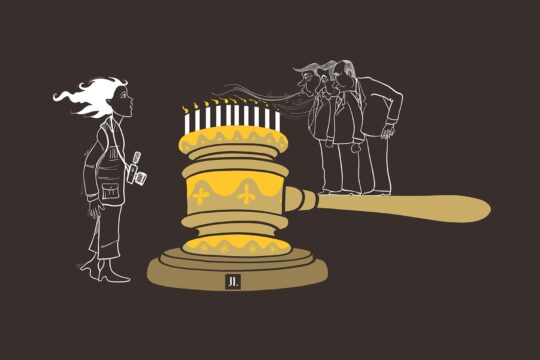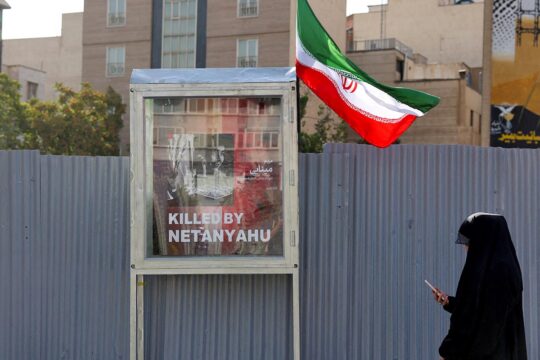The United Nation's special envoy for human rights in North Korea urged the UN Monday to formally warn the country that its controversial leader and other top officials could be prosecuted for crimes against humanity.
A report from Marzuki Darusman, the special rapporteur for the rights situation in North Korea, echoed comments that the UN official made in Tokyo last month, when he called for Pyongyang's leadership to be held criminally responsible for egregious abuses.
In his new report, which will be presented to the UN's Human Rights Council on March 14, Darusman called for "an official communication" from the UN to North Korean leader Kim Jong-Un about the prospect of investigations and prosecutions, and cited the possibility of pursuing cases at the International Criminal Court in The Hague.
The report said the UN should advise Kim "and other senior leaders that they may be investigated and, if found to be responsible, held accountable for crimes against humanity committed under their leadership."
It also called for a panel of independent experts to create a plan that ensures that perpetrators of grave international crimes are held accountable.
Darusman was involved in a major 2014 UN report which accused North Korea's government of involvement in "systemic, widespread and gross human rights violations."
Since the 2014 report was released, there have been no indications that the rights situation in North Korea has improved, while "the crimes against humanity documented (in 2014) appear to continue," the new report said.
"Political prison camps remain in operation. Reports of torture and other violations against prisoners in political and ordinary prisons continue," the report added.
Darusman further noted that persecution of "religious followers" persists, while those attempting to flee North Korea are facing "harsher" crackdowns than before.
During his Tokyo trip last month, Darusman cited Kim as being what he described as "politically responsible" for the North's human rights crisis.
He however refused to name other North Korean leaders who could be subject to prospective charges.




